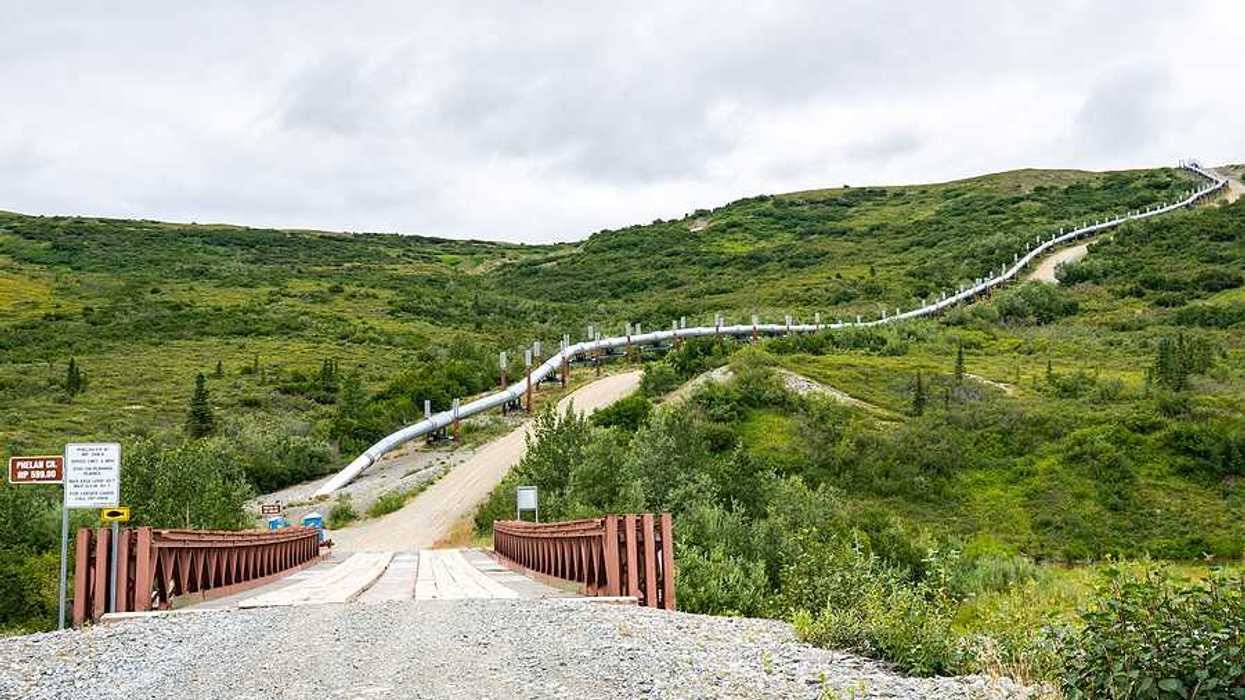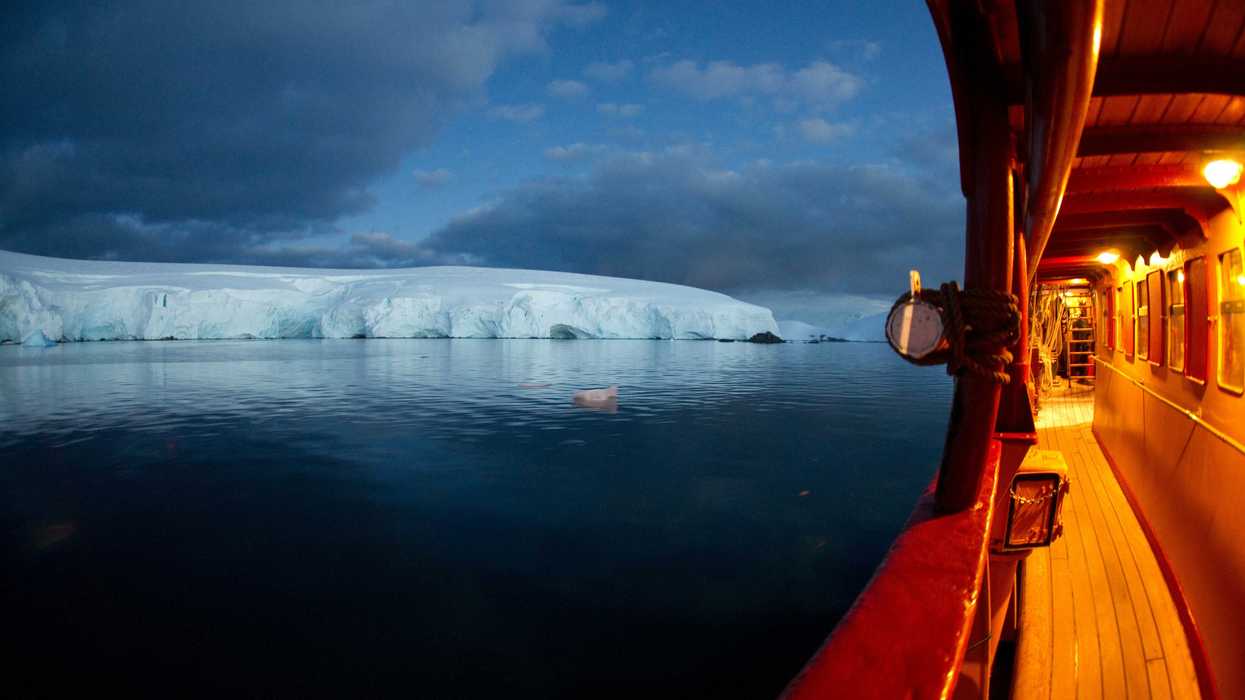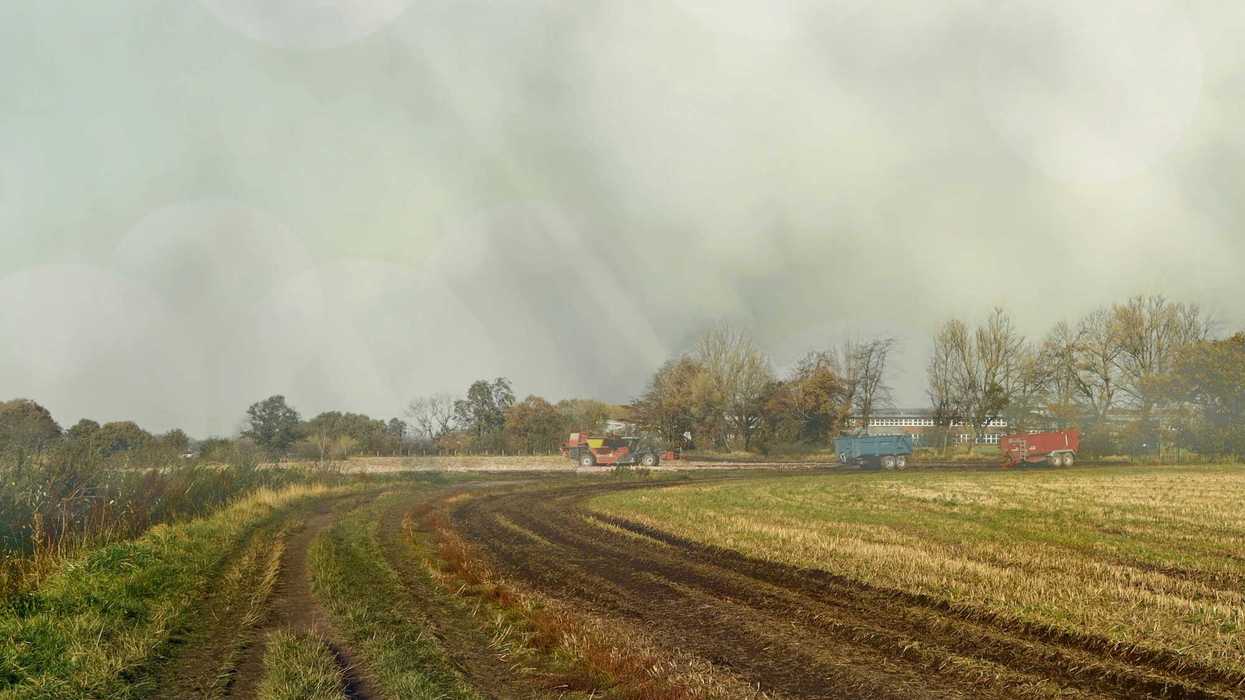Wildfire smoke, now a year-round hazard in North America, is linked to rising health risks — from asthma to cognitive decline — even as political fights stall coordinated responses and research funding.
Kiley Price reports for Inside Climate News.
In short:
- New studies link wildfire smoke to immune system changes, memory loss, heart disease, reproductive issues, and increased emergency room visits for asthma. The smallest smoke particles can enter the bloodstream and carry toxic metals throughout the body.
- Children, outdoor workers, and people with preexisting conditions face the highest risks, with children under five in low-income countries suffering the most deaths from smoke exposure, according to UNICEF data.
- Amid ongoing wildfires, U.S. lawmakers have clashed with Canada over cross-border smoke, while proposed Trump administration budget cuts threaten U.S. Environmental Protection Agency air quality monitoring and wildfire smoke research.
Key quote:
“Outdoor air pollution is not just an outdoor problem. All of this penetrates inside the places where we live and work and go to school.”
— Joseph Allen, director of the Healthy Buildings program at Harvard T.H. Chan School of Public Health
Why this matters:
Wildfire smoke travels thousands of miles and lingers indoors, transforming a distant disaster into a daily health concern for millions. Scientists warn that fine particulate matter in wildfire smoke can trigger asthma attacks, cardiovascular events, cognitive issues, and even impact reproduction. Children breathe faster and more shallowly, making them especially vulnerable. In low-income regions, the consequences are even deadlier. And as the climate warms and wildfires worsen, smoke will reach more communities, more often. The risk compounds when government response is delayed or fragmented, and when public health agencies are underfunded or stripped of critical tools. Without robust data and coordinated action, communities are left breathing the consequences.
Learn more: A customizable survival kit for climate-fueled disasters














